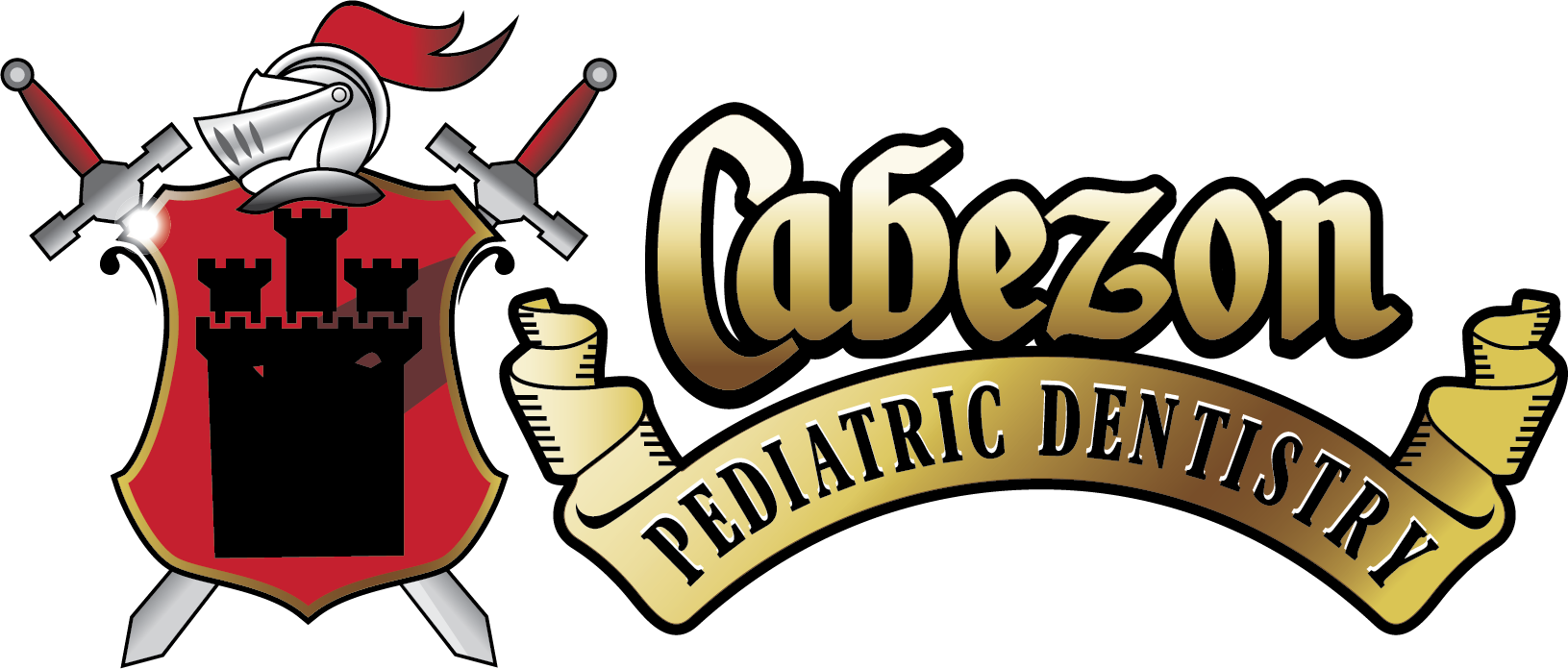Thumb sucking is a natural reflex for babies and young children, often providing them with comfort and security. However, extended thumb sucking or pacifier use can lead to dental problems if not addressed early on.
If your child is still sucking their thumb past the age of four or five, or has developed an overbite or other dental issues, it may be time to break the habit. Cabezon Pediatric Dentistry offers guidance and support for parents looking to help their child stop thumb sucking.
Impact of thumb sucking on dental health
Even though thumb sucking is a common habit among young children, it can cause problems as they grow and their permanent teeth start to come in. Prolonged thumb sucking or pacifier use can change the shape of the mouth and affect the alignment of teeth. It can also cause changes in the roof of the mouth, such as narrowing or elongating it.
Children who suck their thumbs frequently are at a higher risk for developing an open bite, where the front teeth don’t touch when they close their mouth. This can lead to difficulty with biting and chewing food.
The intensity of sucking also plays a role in how much damage it causes. Aggressive thumb suckers may experience more severe dental issues than those who gently suck their thumb. The American Dental Association recommends that parents help their child break the habit by age four to prevent long-term dental problems.
Helping your child break the thumb-sucking habit
Breaking the thumb-sucking habit is not easy, but it’s essential for your child’s oral health. Here are some tips to help them stop:
- Praise and reward your child when they’re not sucking their thumb instead of scolding or punishing them when they do.
- Encourage other coping mechanisms such as using a favorite toy or blanket for comfort.
- Try to identify triggers that cause your child to suck their thumb, like boredom or stress, and find alternative activities to keep them occupied.
- Involve your child in the process and talk to them about why it’s important to stop sucking their thumb.
- Consider using a thumb guard or bandage on their thumb as a reminder not to suck.
- Reach out to a dentist if your child is having difficulty breaking the habit.
Managing pacifier dependency
Pacifier use can cause dental issues similar to thumb sucking. Pacifiers can affect the shape of the mouth and alignment of teeth, especially if used past the age of two.
If your child uses a pacifier, many of the same tips can be applied to help them break this habit. You can also try gradually weaning them off by limiting pacifier use to certain times of the day, like at nap time or bedtime, and eventually phasing it out completely. Another approach is to create a “goodbye” ceremony where your child says goodbye to their pacifier and leaves it for the “pacifier fairy” or “pacifier fairy godparent” to take away.
Consulting a dentist for thumb-sucking concerns
If your child has developed dental issues due to prolonged thumb sucking or pacifier use, it’s essential to bring them in for a dental visit. Schedule an appointment at Cabezon Pediatric Dentistry for a thorough examination and personalized treatment plan. We recommend regular dental check-ups every six months to help your child build healthy habits for life.
Don’t hesitate to reach out to us at (505) 884-5437 with any questions or concerns about your child’s thumb-sucking habits. Our goal is to support you and your child in achieving optimal oral health. Let us help your little one kick the habit and smile confidently!

